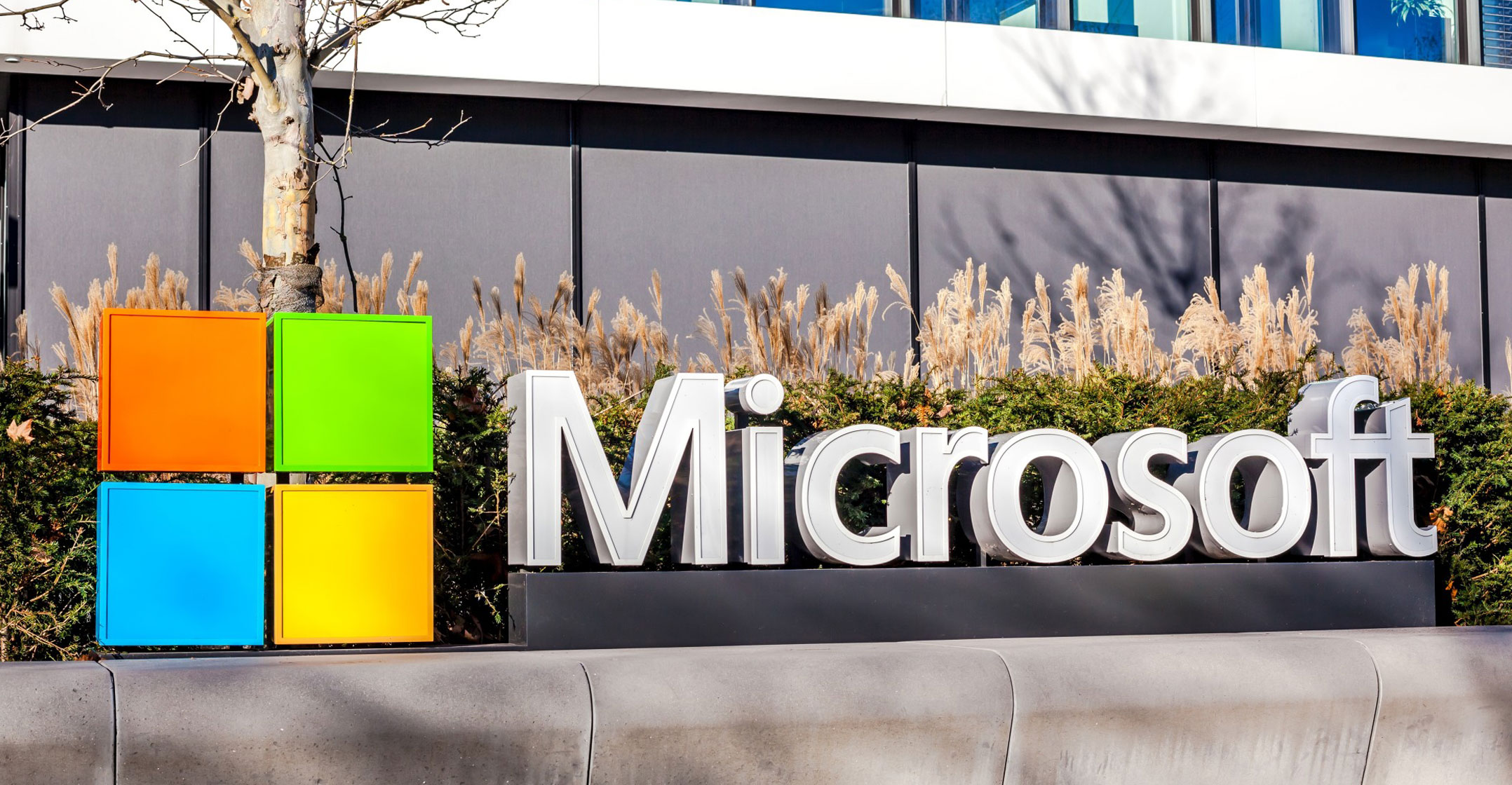 Microsoft has warned thousands of its cloud computing customers, including some of the world’s largest companies, that intruders could have the ability to read, change or even delete their main databases, according to a copy of the e-mail and a cybersecurity researcher.
Microsoft has warned thousands of its cloud computing customers, including some of the world’s largest companies, that intruders could have the ability to read, change or even delete their main databases, according to a copy of the e-mail and a cybersecurity researcher.
The vulnerability is in Microsoft Azure’s flagship Cosmos DB database. A research team at security company Wiz discovered it was able to access keys that control access to databases held by thousands of companies. Wiz chief technology officer Ami Luttwak is a former CTO at Microsoft’s Cloud Security Group.
Because Microsoft cannot change those keys by itself, it e-mailed the customers on Thursday telling them to create new ones. Microsoft agreed to pay Wiz US$40 000 for finding the flaw and reporting it, according to an e-mail it sent to Wiz.
“We fixed this issue immediately to keep our customers safe and protected. We thank the security researchers for working under coordinated vulnerability disclosure,” Microsoft said.
Microsoft’s e-mail to customers said there was no evidence the flaw had been exploited. “We have no indication that external entities outside the researcher (Wiz) had access to the primary read-write key,” the e-mail said.
‘Worst vulnerability’
“This is the worst cloud vulnerability you can imagine. It is a long-lasting secret,” Luttwak said. “This is the central database of Azure, and we were able to get access to any customer database that we wanted.”
Luttwak’s team found the problem, dubbed ChaosDB, on 9 August and notified Microsoft on 12 August, Luttwak said.
The flaw was in a visualisation tool called Jupyter Notebook, which has been available for years but was enabled by default in Cosmos beginning in February. After Reuters reported on the flaw, Wiz detailed the issue in a blog post.
 Luttwak said even customers who have not been notified by Microsoft could have had their keys swiped by attackers, giving them access until those keys are changed. Microsoft only told customers whose keys were visible this month, when Wiz was working on the issue.
Luttwak said even customers who have not been notified by Microsoft could have had their keys swiped by attackers, giving them access until those keys are changed. Microsoft only told customers whose keys were visible this month, when Wiz was working on the issue.
Microsoft said that “customers who may have been impacted received a notification from us”, without elaborating. — Reported by Joseph Menn, (c) 2021 Reuters




